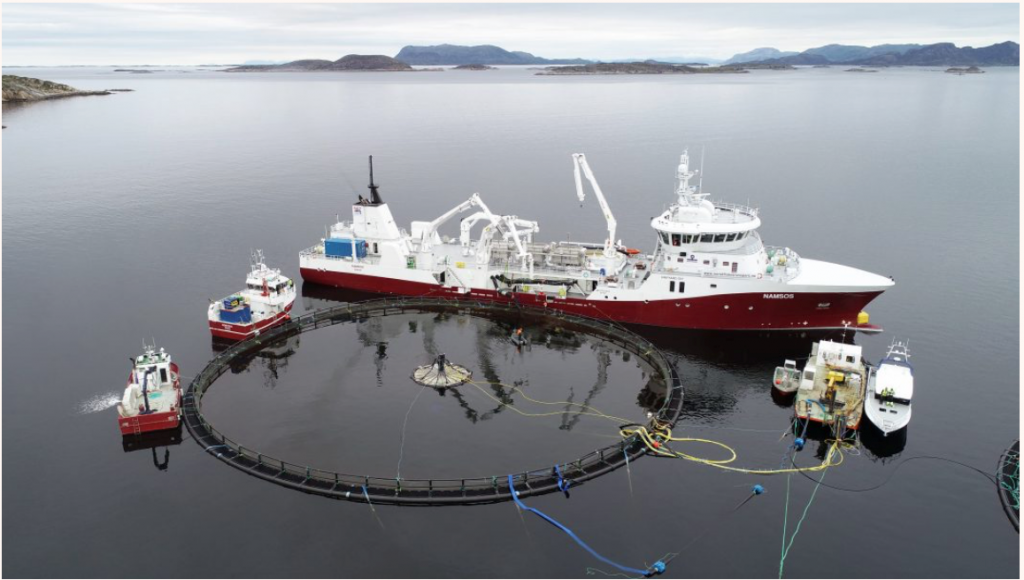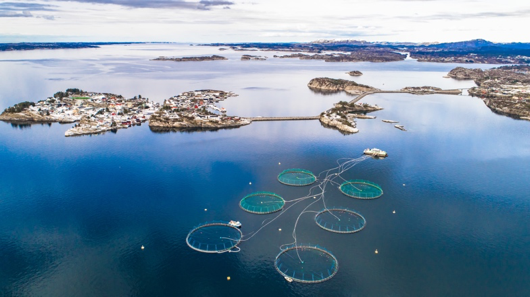Environmentalists have long struggled to save the world’s oceans from the perils of overfishing, climate change, and pollution. What if we have it backward? What if the question is not how we can preserve the wildness of our oceans, but how the oceans can be developed to protect them and the planet? Small-scale ocean farms have the potential to provide sustainable food and biofuel, while oysters filter nitrogen pollution and seaweed sequesters carbon dioxide.
Ocean farming is not a modern innovation. Once a sustainable practice, aquaculture has devolved into monolithic factory farms known for their low-quality fish treated with antibiotics and fungicides that pollute local waterways. But now, a small group of ocean farmers and scientists are charting a different course—developing small-scale farms where complementary species are cultivated to provide food and biofuel, clean up the environment, and reverse climate change. Instead of finfish, the anchor crops of green ocean farms are seaweed and shellfish, two organisms that may well be Mother Nature’s Rx for global warming.

How so? Among other benefits, oysters filter nitrogen out of the water column. Seaweed pulls carbon from the atmosphere and the water, with some varieties capable of absorbing five times more carbon dioxide than land-based plants. Seaweed farms also have the capacity to grow massive amounts of nutrient-rich food and provide a clean replacement for bio-fuels.
https://www.drawdown.org/solutions/coming-attractions/ocean-farming

Recently Atlantis Subsea Framing that for the first time deployed fish in its submersible pen, is following the life of fish in the deep. Atlantis Subsea Farming is owned by SinkabergHansen, AKVA group, and Egersund Net, and in March last year, the company was awarded a development license.
According to the first version, the submersible pen is now product-certified, and the project is now entering a phase of where the behavior and well-being of the fish will be closely monitored. At the same time operational staff at SinkabergHansen, AKVA group and the service company Nærøysund Aquaservice, which also played an important part in the actual development work, are acquiring valuable experience in deep operations. The goal is to have the pen submerged as much as possible and at the surface as little as possible. The submersible pens can in principle be moored with regular frame moorings. The investments are justifiable in relation to the operational benefits it is expected that Atlantis will provide.
“I have great faith that this may be a solution in certain locations with rough conditions at the surface. We have developed a lot of experience in keeping the fish deep in ordinary pens by using deep feeding and appropriate lighting and see benefits from that in the form of fewer sea lice infestation, among other things. If the technology from Atlantis Subsea Farming also allows us to use more exposed locations, this is a solution for the future,” said Finn Sinkaberg, who took the initiative for the project.
https://thefishsite.com/articles/atlantis-subsea-farming-reaches-an-innovative-milestone
 Food
Food Farmers
Farmers Sustainable Living
Sustainable Living Living Planet
Living Planet News
News